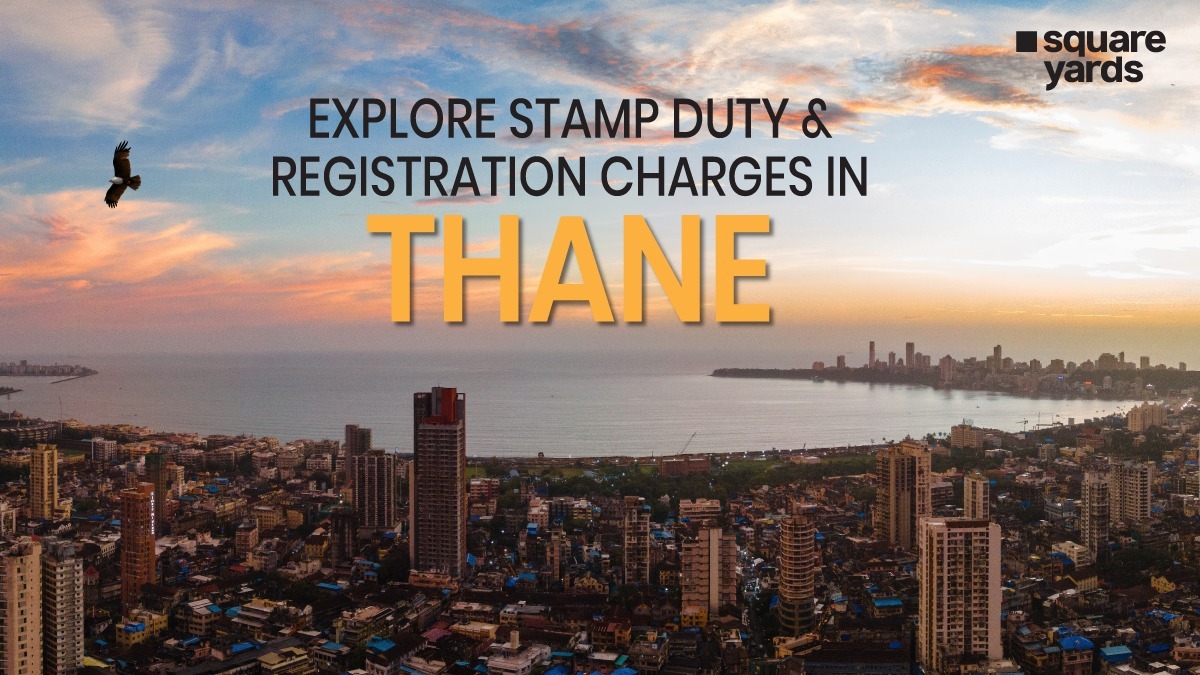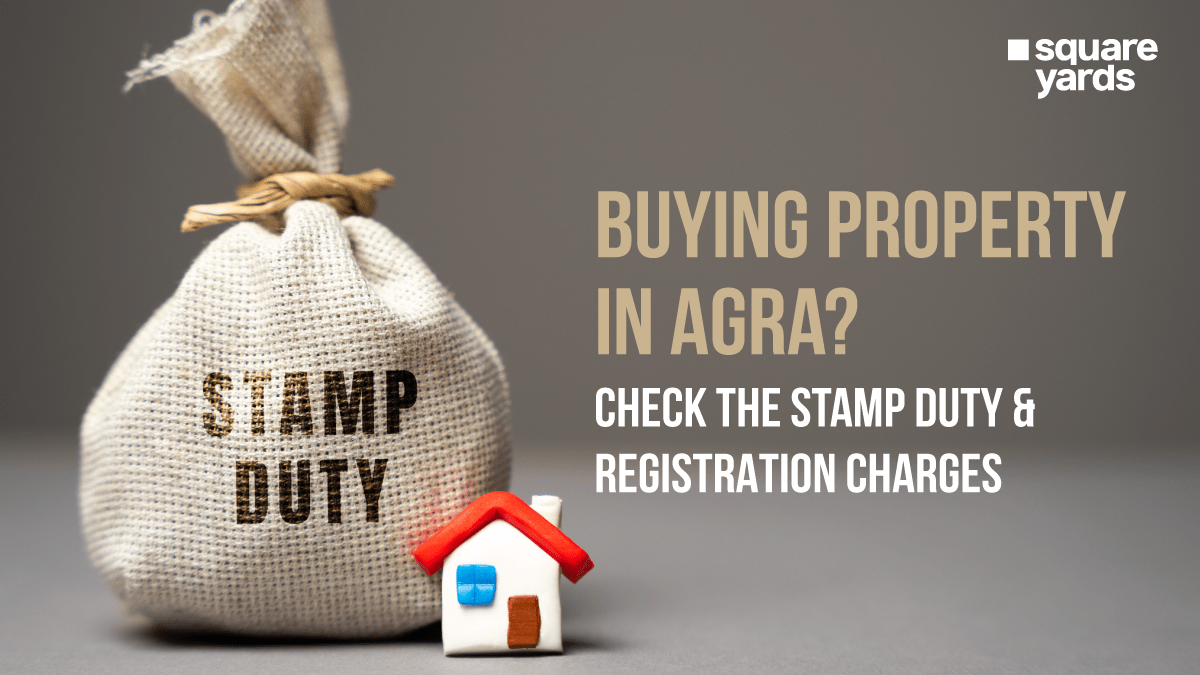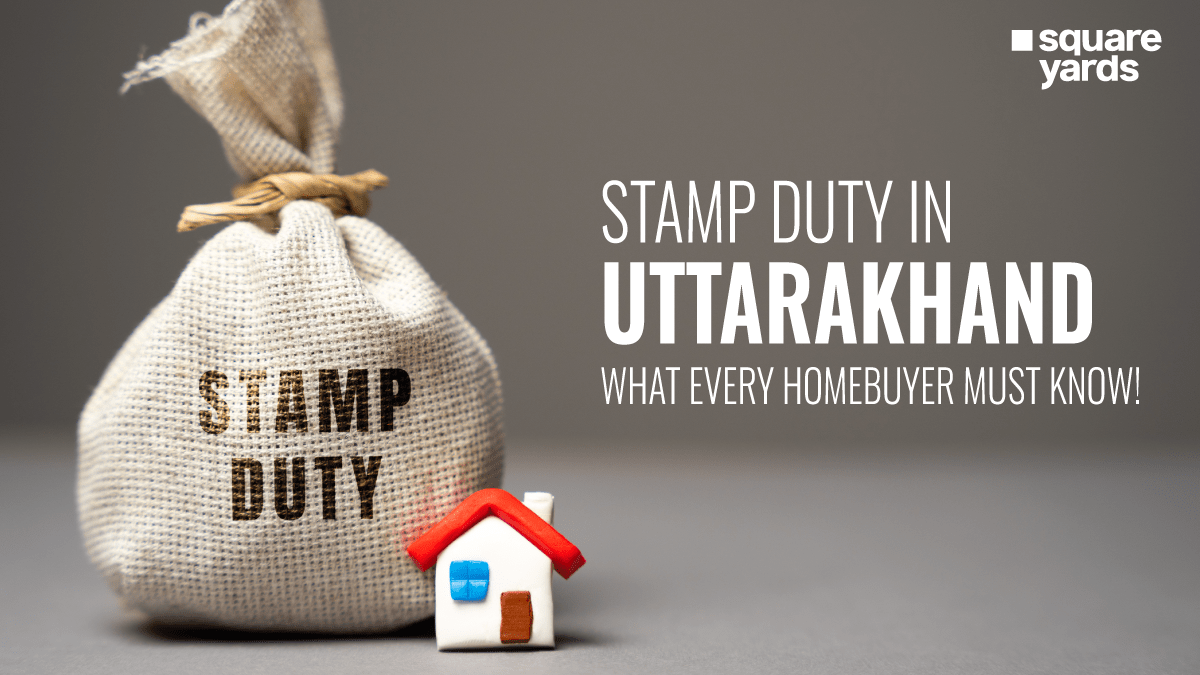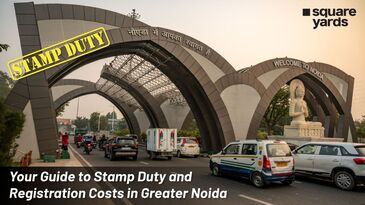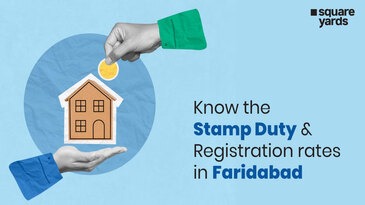Before the Goods and Services Tax (GST) subsumed the indirect taxes to form a new tax regime in India, the excise duty was levied on the manufacturing of products. The excise duty, therefore, is not valid in India except on a few items like petroleum, tobacco, and alcohol. Let’s have a detailed look at the concept of excise duty.
Table of contents
- What is the Excise Duty?
- Different Types of Excise Duty
- Who Has to Pay the Excise Duty?
- When Should You Pay the Excise Duty?
- Banks Providing the Facility of Online Payment
- What is the Difference Between Excise Duty and GST?
- Acts and Rules Governing Excise Duty in India
- Effect of GST on Excise Duty
- Penalty for Evading the Excise Duty
- Frequently Asked Questions (FAQs)
What is the Excise Duty?
Excise duty is considered an indirect tax that is levied on selling special goods. The excise duty is not paid by the customer directly, rather it is collected by the retailers with the charges levied on the goods by the manufacturer or producer in the form of risen prices. Excise duty is levied when the product is removed or moved from the warehouse of the manufacturer for the purpose of sale. It falls under the administration of the Central Board of Excise and Customs and is legalised by the Excise Duty Act of 1944.
Different Types of Excise Duty
Basic Excise Duty
Also known as the Central Value Added Tax (CENVAT), the excise duty is applicable under the purview of Section 3 of the Central Excises and Salt Act, 1944. As per the rules of this act, all the products that are excisable, except for salt, are liable for basic excise duty. The excise duty is charged on the basis of rates described in the Central Excise Tariff Act.
Special Excise Duty
The Central Excise Duty is levied under the Finance Act of 1978, Section 37. This tax is applicable on all the products on which the basic excise duty is also levied (Section 3 of the Central Excises and Salt Act, 1944). The Second Schedule to Central Excise Tariff Act of 1985 governs the rate at which this tax is charged on the products.
Education Cess on Excise Duty
As per Section 93 of the Finance Act of 2004, the education cess as excise duty should be calculated on the accumulation of a compilation of excise duties which includes the special excise duty and the miscellaneous excise duties and excludes the Education Cess of excisable goods.
Natural Calamity Contingent Duty
The Natural Calamity Contingent Duty has been declared under the Finance Bill of 2001 as clause 129 by the jurisdiction of Section 136 of the Finance Act of 2001. This excise duty is imposed on chewing tobacco, pan masala, and cigarettes.
Export Oriented Units Clearances
The Export Oriented Units are obligated to ensure that all goods manufactured by them are exported. However, in a case where their last product is issued clearance in a domestic tariff area, the excise duty rate will mirror the customs duty charged on a related product if it is imported inside India.
Excise Duty on Other Acts
A few cesses and duties are levied on the manufactured goods in the purview of other acts. Taxes on which, however, are accumulated under the central excise’s administrative machinery. The provisions and rules of the Central Excise Act are accountable to levy and collect these cesses and/or duties.
Duty on Special Goods
The Additional Duties of Excise (Goods of Special Importance) Act, 1957, states an additional excise to be charged on a few goods which have special importance. Along with the excise duty, the ‘Additional Duty’ is also levied. The Additional Duty on Goods of Special Importance was implemented on the suggestion of manufacturers to the central government. This suggestion ensured that multiple duties and taxes were avoided at multiple levels. It was expected that the levy and collection of these taxes at only one level by the individual authority would not only make it more convenient for the manufacturers but also for the administration to keep a check. The central and state governments decided that instead of levying sales tax, they would charge an additional duty on these special items. This duty was delegated among the different states. The state government has to provide the revenue generated from the duty according to the specified percentage in the Act’s second schedule.
Countervailing Duty or CVD
This additional customs duty is imposed on the imports.
Duty on Mineral Products
An additional duty is charged on the mineral products like furnace oil, kerosene, diesel, motor spirit under the purview of Mineral Products (Additional Duties of Excise and Customs) Act of 1958.
Medical and Toilet Preparations
Excise Duty has to be paid under the purview of the Medical and Toilet Preparations (Excise Duties) Act of 1955.
Additional Duties of Customs
A Special Additional Duty of Customs is levied on the items that come under the purview of Information Technology Agreement excluding the software of information technology and on the inputs or raw materials used for manufacturing the electronic products or of IT.
Who Has to Pay the Excise Duty?
The producer or the manufacturer of the goods is accountable to pay the excise duty to the respective government since it is levied on the manufacturers or producers of the goods. These three parties must pay the excise duty:
- The entity or individual who produced or manufactured the products/goods.
- The entity or individual who manufactured the goods through hiring of labour.
- The entity or individual who is accountable for the goods manufactured by third parties.
When Should You Pay the Excise Duty?
Excise duty needs to be paid during the ‘removal of goods’. Rule 4 of the Central Excise (Amendment) Rules, 2002 states that the goods removed for sale are not supposed to be taxed; this act is only for the purpose of convenience. The person is accountable to submit the excise duty levied on manufactured or produced goods.
Rule 9 of the Central Excise (Amendment) Rules, 2002 states that when the goods are taken out from the factory or warehouse for selling, the excise duty has to be paid on the 5th of the succeeding month.If payment is being done through net banking, then it has to be paid by the 6th of the succeeding month. This rule is valid for all the months except for March when the tax has to be paid by the 31st of March.
Banks Providing the Facility of Online Payment
The given below banks have been authorised by the Reserve Bank of India to provide the net banking facility for the online payment of the excise duty:
- Allahabad Bank
- Axis Bank
- Bank of Baroda
- Bank of India
- Bank of Maharashtra
- Canara Bank
- Central Bank
- Corporation Bank
- Dena Bank
- HDFC Bank
- ICICI Bank
- IDBI Bank
- Indian Bank
- Indian Overseas Bank
- Oriental Bank of Commerce
- Punjab National Bank
- State Bank of Bikaner & Jaipur
- State Bank of Hyderabad
- State Bank of India
- State Bank of Mysore
- State Bank of Patiala
- State Bank of Travancore
- Syndicate Bank
- UCO Bank
- Union Bank of India
- United Bank of India
- Vijaya Bank
What is the Difference Between Excise Duty and GST?
The base of tax: GST is chargeable on every step of the supply regime from manufacturing to the product sale, whereas, excise duty is levied on the production or manufacturing of goods.
Time of taxation: As mentioned above, excise duty is levied during the removal of products, whereas GST is levied during the supply of services and goods.
Rate of tax: The central excise tariff rules govern the rate of excise duty. At present, the excise duty rate is chargeable at the rate of 12.36% and is different for various products. Whereas, GST has standard charges of the tax such as 0%, 5%, 12%, 18%, and 28%, based on the type of product.
Return filing: The returns on excise duty must be filed monthly and the yearly return needs to be filed prior to April 30th. Whereas the GST returns must be filed monthly and the yearly return should be filed prior to 30th September.
Invoice matching: Invoice matching does not exist under excise duty. The taxpayer is in a position to claim the input tax credit solely on the basis of the returns which are self-assessed. Whereas, under GST the credit is availed by matching the invoice number.
Input tax credit: The tax is applicable on input services and goods can be used to avail credit. Whereas, credit under GST can be availed as well, but, the credit of SGST cannot be balanced against the credit of CGST and conversely. However, you can avail the IGST credit against CGST, IGST and SGST.
Acts and Rules Governing Excise Duty in India
The legality of excise duty is primarily governed by these two acts:
- Central Excise Act, 1944
- Central Excise Tariff Act, 1985
The Central Excise Duty rates are determined under the provisions of the Central Excise Tariff Act of 1985. The definitions and meaning of excise duty are underlined by the Central Excise Act. On the other hand, the Central Excise Tariff Act defines a detailed schedule of the excisable goods and the tariffs charged on them. The levy of customs laws and excise in the country is administered by CBEC under the authority of the Finance Minister.
Effect of GST on Excise Duty
The implementation of the GST has changed the Indian tax regime. Have a look at the new system of taxes mentioned below.
At State Level:
- State VA or Sales Tax
- Entry Tax and Octroi
- Entertainment Tax
- Luxury Tax
- Purchase Tax
- Fat Tax (only in Kerala)
- Taxes on betting, gambling, and lottery
At Central Level:
- Central Excise Duty
- Service Tax
- Additional Excise Duty
- Special Additional Duty of Customs
- Additional Customs Duty or Countervailing Duty
Excise duty is imposed on the manufacturing of goods and is charged when the goods are removed. Whereas, GST is levied on the dispensing of services and products. Since the excise duty was levied by the Central Government, Central GST has replaced it in the new tax regime. The government also gathers its revenue from the Central GST.
Penalty for Evading the Excise Duty
In a scenario where you are not able to pay the excise duty or carry out any offence which is related to the excisable product, you will be charged with a duty of above ₹50 lakh and the defaulter might be faced with imprisonment of up to 7 years. A fine shall too be levied on the defaulter. In some cases, the term of imprisonment can be extended up to only 3 years and a fine may or may not be charged.
According to Section 11A(4), fraud, suppression of facts, collusion or wilful misstatement are the reasons considered to provide punishment for underpaying or not paying the excise duty. Have a look at the penalties charged for offences concerned with excise duty:
- The assessee will be subjected to a penalty equivalent to 50% of determining duty if the excise duty had not been paid, not levied, short-paid or was short-levied due to collusion, suppression of facts, fraud or wilful misstatement.
- The assessee will be subjected to a penalty equivalent to 50% of the determined duty in a scenario where the recorded transaction details reveal that excise duty had not been paid, not levied, short-paid, short-levied, or was refunded incorrectly.
- If a person related with the depositing, transporting, removing, concealing, keeping or purchasing, selling of any product (excisable) that she/he is aware of are accountable for confiscation according to the law is bound to be charged a penalty equivalent to the applicable duty or ₹20,000, whichever is higher.
- In a case where a person issues/makes a document or excise duty statement claiming that the goods have been removed but, in reality, the goods were not handed over will be accountable to pay a penalty equivalent to the calculated amount or ₹5000, whichever is higher.
You May Also Read:
Frequently Asked Questions (FAQs)
Is VAT and excise duty the same?
VAT is applicable on the goods when they move from the stage of manufacturing to the stage of sale, whereas, excise duty is levied on the manufacturing of goods.
Who pays the excise duty?
Excise duty is paid by the manufacturer or producer and not by the consumer of the product/good.
What is the difference between customs and excise duty?
Excise duty is levied on the goods which are manufactured or produced within the country. Whereas, customs duty is levied on the products imported from other countries and is sold in India. The importer of the goods pays the customs duty whereas the manufacturer of the goods pays the excise duty. Both excise and customs duty have a majority of the provisions in common.
Is there excise duty after GST?
After the introduction of GST, the excise duty was replaced by the Central GST since excise was charged by the Central Government.



























